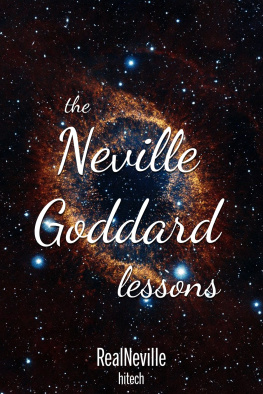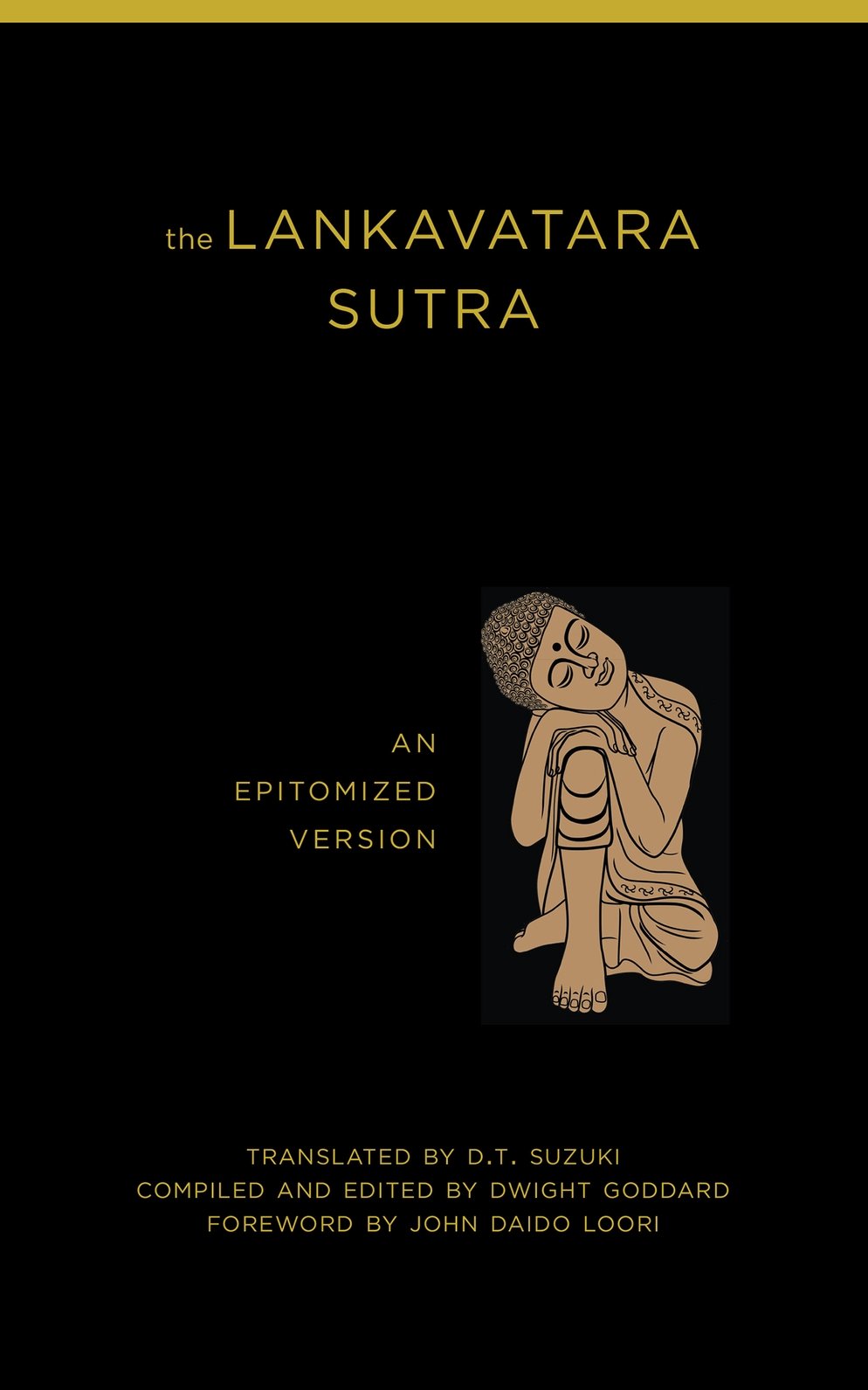Chapter I
DISCRIMINATION
THUS HAVE I HEARD. The Blessed One once appeared in the Castle of Lanka which is on the summit of Mt. Malaya in the midst of the great Ocean. A great many Bodhisattva-Mahasattvas had miraculously assembled from all the Buddhalands, and a large number of bhikshus were gathered there. The Bodhisattva-Mahasattvas with Mahamati at their head were all perfect masters of the various Samadhis, the tenfold Self-mastery, the ten Powers, and the six Psychic Faculties. Having been anointed by the Buddhas own hands, they all well understood the significance of the objective world; they all knew how to apply the various means, teachings and disciplinary measures according to the various mentalities and behaviors of beings; they were all thoroughly versed in the five Dharmas, the three Svabhavas, the eight Vijnanas, and the twofold Egolessness.
The Blessed One, knowing of the mental agitations going on in the minds of those assembled (like the surface of the ocean stirred into waves by the passing winds), and his great heart moved by compassion, smiled and said: In the days of old the Tathagatas of the past who were Arhats and fully-enlightened Ones came to the Castle of Lanka on Mount Malaya and discoursed on the Truth of Noble Wisdom that is beyond the reasoning knowledge of the philosophers as well as being beyond the understanding of ordinary disciples and masters; and which is realisable only within the inmost consciousness; for your sakes, I too, would discourse on the same Truth. All that is seen in the world is devoid of effort and action because all things in the world are like a dream, or like an image miraculously projected. This is not comprehended by the philosophers and the ignorant, but those who thus see things see them truthfully. Those who see things otherwise walk in discrimination and, as they depend upon discrimination, they cling to dualism. The world as seen by discrimination is like seeing ones own image reflected in a mirror, or ones shadow, or the moon reflected in water, or an echo heard in the valley. People grasping their own shadows of discrimination become attached to this thing and that thing and failing to abandon dualism they go on forever discriminating and thus never attain tranquility. By tranquility is meant Oneness, and Oneness gives birth to the highest Samadhi which is gained by entering into the realm of Noble Wisdom that is realisable only within ones inmost consciousness.
Then all the Bodhisattva-Mahasattvas rose from their seats and respectfully paid him homage and Mahamati the Bodhisattva-Mahasattva sustained by the power of the Buddhas drew his upper garment over one shoulder, knelt and pressing his hands together, praised him in the following verses:
As thou reviewest the world with thy perfect intelligence and compassion, it must seem to thee like an ethereal flower of which one cannot say: it is born, it is destroyed, for the terms being and non-being do not apply to it.
As thou reviewest the world with thy perfect intelligence and compassion, it must seem to thee like a dream of which it cannot be said: it is permanent or it is destructible, for being and non-being do not apply to it.
As thou reviewest all things by thy perfect intelligence and compassion, they must seem to thee like visions beyond the reach of the human mind, as being and non-being do not apply to them.
With thy perfect intelligence and compassion which are beyond all limit, thou comprehendest the Egolessness of things and persons, and art free and clear from the hindrances of passion and learning and egoism.
Thou dost not vanish into Nirvana, nor does Nirvana abide in thee, for Nirvana transcends all duality of knowing and known, of being and non-being.
Those who see thee thus, serene and beyond conception, will be emancipated from attachment, will be cleansed of all defilement, both in this world and in the spiritual world beyond.
In this world whose nature is like a dream, there is place for praise and blame, but in the ultimate Reality of Dharmakaya which is far beyond the sense and the discriminating mind, what is there to praise? O thou most Wise!

THEN SAID MAHAMATI the Bodhisattva-Mahasattva: O blessed One, Sugata, Arhat and Fully-enlightened One, pray tell us about the realisation of Noble Wisdom which is beyond the path and usage of the philosophers; which is devoid of all predicates such as being and non-being, oneness and otherness, bothness and not-bothness, existence and non-existence, eternity and non-eternity; which has nothing to do with individuality and generality, nor false-imagination, nor any illusions arising from the mind itself; but which manifests itself as the Truth of Highest Reality. By which, going up continuously by the stages of purification, one enters at last upon the stage of Tathagatahood, whereby, by the power of his original vows unattended by any striving, one will radiate its influence to infinite worlds, like a gem reflecting its variegated colors, whereby I and other Bodhisattva-Mahasattvas will be enabled to bring all beings to the same perfection of virtue.
Said the Blessed One: Well done, well done, Mahamati! And again, well done, indeed! It is because of your compassion for the world, because of the benefit it will bring to many people both human kind and celestial, that you have presented yourself before us to make this request. Therefore, Mahamati, listen well and truly reflect upon what I shall say, for I will instruct you.
Then Mahamati and the other Bodhisattva-Mahasattvas gave devout attention to the teaching of the Blessed One.
Mahamati, since the ignorant and simple-minded, not knowing that the world is only something seen of the mind itself, cling to the multitudinousness of external objects, cling to the notions of being and non-being, oneness and otherness, bothness and not-both-ness, existence and non-existence, eternity and noneternity, and think that they have a self-nature of their own, all of which rises from the discriminations of the mind and is perpetuated by habit-energy, and from which they are given over to false imagination. It is all like a mirage in which springs of water are seen as if they were real. They are thus imagined by animals who, made thirsty by the heat of the season, run after them. Animals, not knowing that the springs are an hallucination of their own minds, do not realise that there are no such springs. In the same way, Mahamati, the ignorant and simple-minded, their minds burning with the fires of greed, anger and folly, finding delight in a world of multitudinous forms, their thoughts obsessed with ideas of birth, growth and destruction, not well understanding what is meant by existent and non-existent, and being impressed by the erroneous discriminations and speculations since beginningless time, fall into the habit of grasping this and that and thereby becoming attached to them.
It is like the city of the Gandharvas which the unwitting take to be a real city though it is not so in fact. The city appears as in a vision owing to their attachment to the memory of a city preserved in the mind as a seed; the city can thus be said to be both existent and non-existent. In the same way, clinging to the memory of erroneous speculations and doctrines accumulated since beginningless time, they hold fast to such ideas as oneness and otherness, being and non-being, and their thoughts are not at all clear as to what after all is only seen of the mind. It is like a man dreaming in his sleep of a country that seems to be filled with various men, women, elephants, horses, cars, pedestrians, villages, towns, hamlets, cows, buffalos, mansions, woods, mountains, rivers and lakes, and who moves about in that city until he is awakened. As he lies half awake, he recalls the city of his dreams and reviews his experiences there; what do you think, Mahamati, is this dreamer who is letting his mind dwell upon the various unrealities he has seen in his dreamis he to be considered wise or foolish? In the same way, the ignorant and simple-minded who are favorably influenced by the erroneous views of the philosophers do not recognise that the views that are influencing them are only dream-like ideas originating in the mind itself, and consequently they are held fast by their notions of oneness and otherness, of being and non-being. It is like a painters canvas on which the ignorant imagine they see the elevations and depressions of mountains and valleys.







